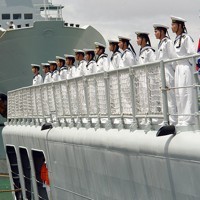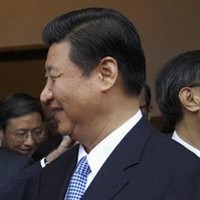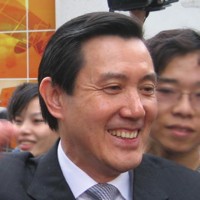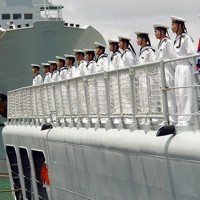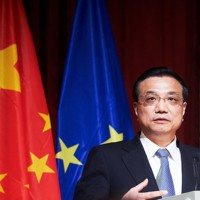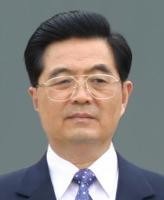
This past week’s 44th annual U.S.-South Korea Security Consultative meeting chaired by South Korean Defense Minister Kim Kwan-jin and U.S. Defense Secretary Leon Panetta provides an opportunity to benchmark the health of the alliance at a moment when at least one of the presidential administrations, that of South Korean President Lee Myung-bak, is certain to leave office soon. At their meeting, the two countries’ defense establishments agreed to continue transitioning wartime operational command responsibilities to the South Korean military, retain 28,500 U.S. troops in South Korea, expand U.S.-South Korea cooperation in new areas such as outer space and the cyber […]

